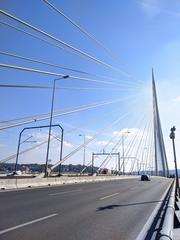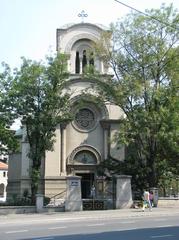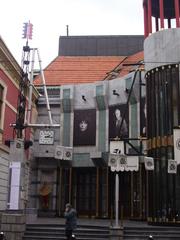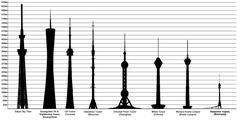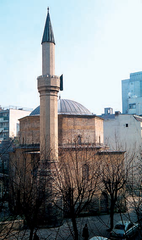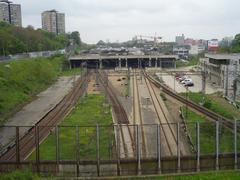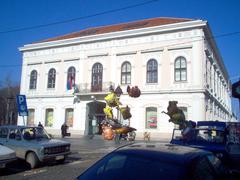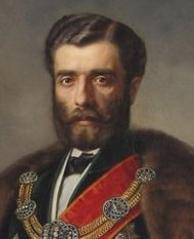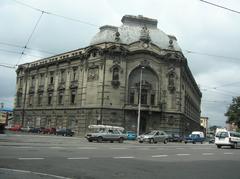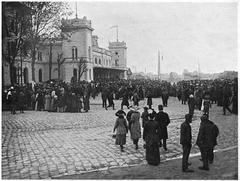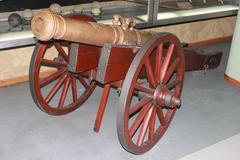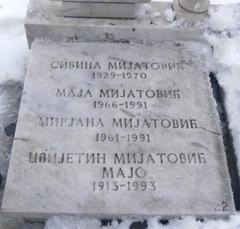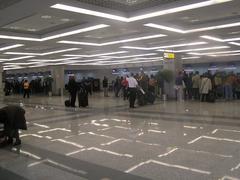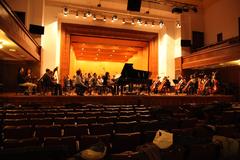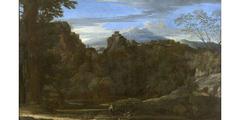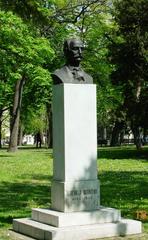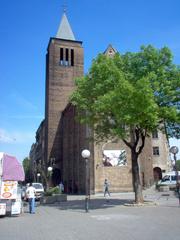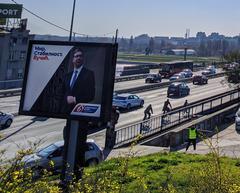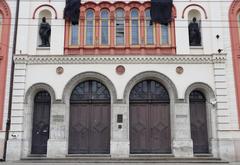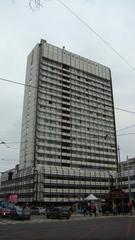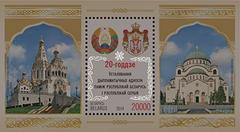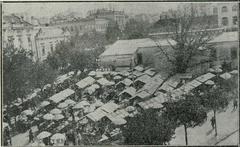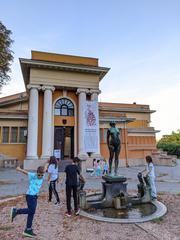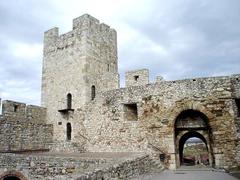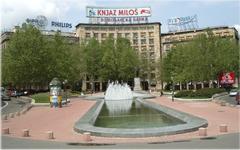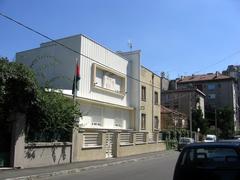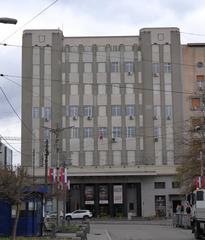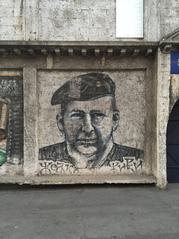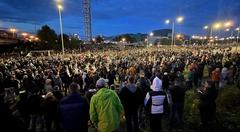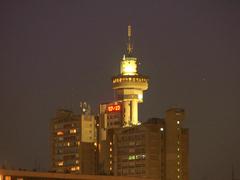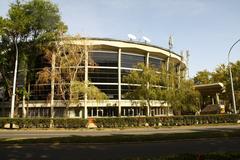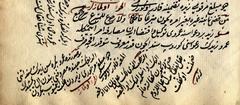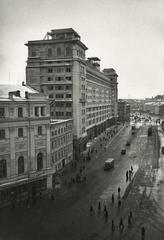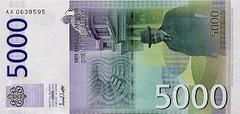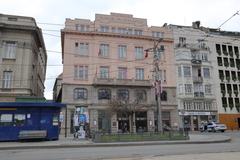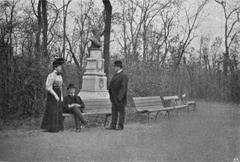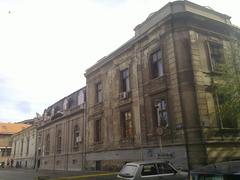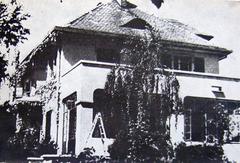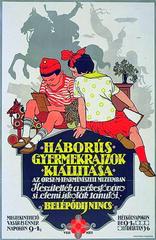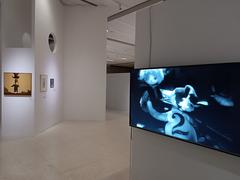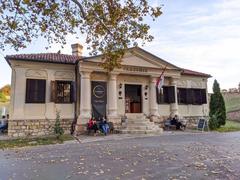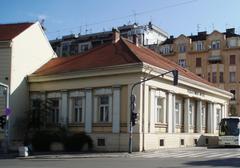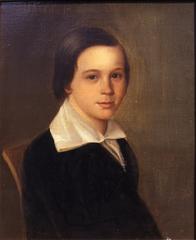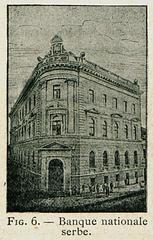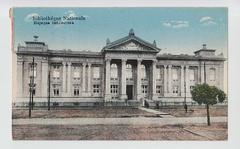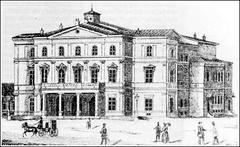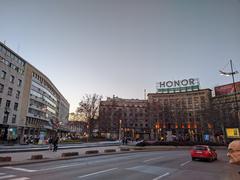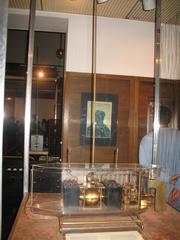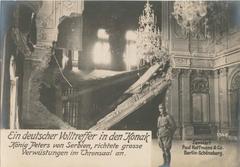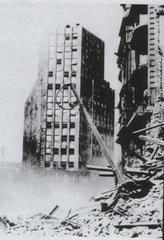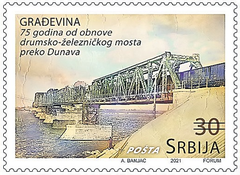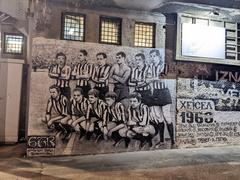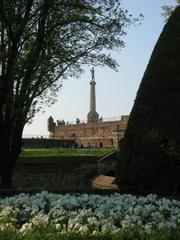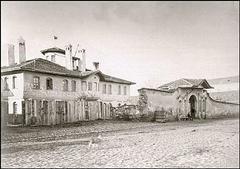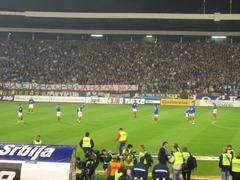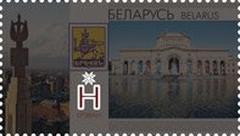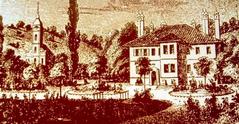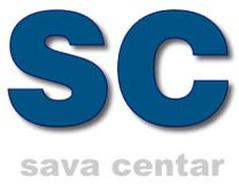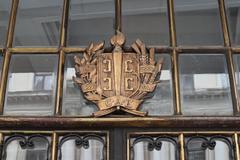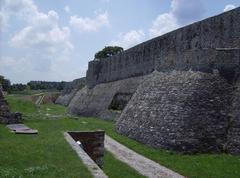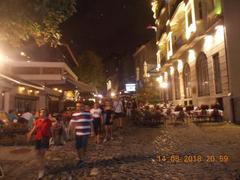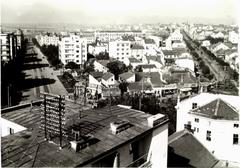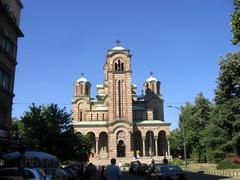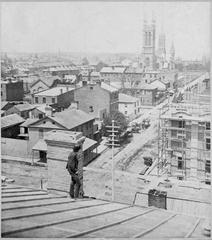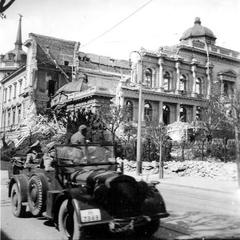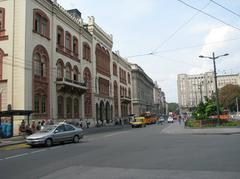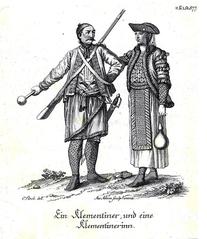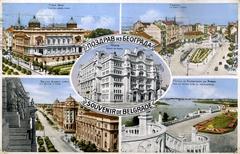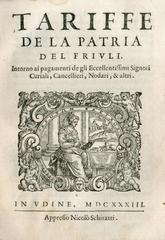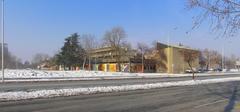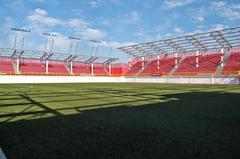Boško Buha Theatre Visiting Hours, Tickets, and Guide to Belgrade Historical Sites
Date: 14/06/2025
Introduction
Located in the heart of Belgrade, the Boško Buha Theatre is Serbia’s oldest professional theatre dedicated exclusively to children and youth. Established in 1950 and named after the young World War II Partisan hero Boško Buha, the theatre has played a pioneering role in introducing generations of young audiences to the performing arts, blending education with entertainment. It remains a cornerstone of Belgrade’s vibrant cultural scene, offering a rich repertoire, inclusive programming, and a welcoming environment for families and school groups. This comprehensive guide covers the theatre’s history, cultural significance, current visiting hours, ticketing options, accessibility, and practical tips to help both locals and tourists make the most of their visit (Boško Buha Theatre - About; Wikipedia - Boško Buha Theatre; Boško Buha Theatre Official).
Table of Contents
- Introduction
- History and Origins
- Post-War Reestablishment
- Growth and Artistic Direction
- Notable Ensemble and Alumni
- National and International Recognition
- Architectural and Urban Context
- Visiting Hours and Ticketing
- Accessibility and Visitor Tips
- Nearby Attractions
- Cultural and Social Impact
- Frequently Asked Questions (FAQ)
- Visitor Tips
- Contact Information
- Conclusion
- References
History and Origins
Early Beginnings
The idea for a dedicated children’s theatre in Belgrade dates back to 1937, when Branislav Nušić, a prominent Serbian playwright, initiated the creation of the “Privileged Theater for Children and Youth of Roda.” The first performance was eventually held in January 1938, guided by Nušić’s daughter, Gita Predić Nušić. The theatre quickly became a favorite for young audiences, staging popular productions such as “Rista sportista,” which was even adapted as a comic strip in Politika in 1939 (Boško Buha Theatre - About).
However, the Roda Theatre’s activities were disrupted by World War II in 1941.
Reestablishment and Naming
After the war, efforts to revive children’s theatre led to the brief reopening of the Pionirski Theater. Yet, due to official concerns about the “pedagogical” impact of theatre on children, the venue was closed in 1945. It wasn’t until October 13, 1950, that Gita Predić-Nušić succeeded in establishing what is now the Boško Buha Theatre, named in honor of a young Partisan hero whose legacy symbolized youthful courage and sacrifice (Wikipedia - Boško Buha Theatre).
Growth and Artistic Direction
Since its founding, Boško Buha Theatre has stood out for its professional focus on children and youth. Its repertoire includes classic fairy tales, adaptations of literary works, and original plays. Productions such as “The Stolen Prince and the Lost Princess” and “The Tale of the Emperor and the Shepherd” have seen hundreds of performances, reflecting the enduring popularity and artistic quality for which the theatre is known (Boško Buha Theatre - About).
Noted directors and actors, including Miroslav Belović, Bojan Stupica, and Jagoš Marković, have contributed to its legacy, ensuring both innovation and tradition.
Notable Ensemble and Alumni
The theatre’s ensemble has featured many of Serbia’s most respected actors, including Predrag Miki Manojlović, Neda Arnerić, Olga Odanović, and Boda Ninković. Ljubivoje Ršumović, a celebrated poet and administrator, described Boško Buha as a “school” that nurtures future theatre audiences and raises cultural standards (Boško Buha Theatre - About).
National and International Recognition
Boško Buha Theatre has earned numerous awards, both domestically and internationally. It was the first Serbian children’s theatre to participate in the Sterija Theater Festival and the Venice Biennale, and regularly features at MESS in Sarajevo and the Kotor Children’s Theater Festival. The theatre also organizes the TIBA Festival, fostering international collaboration and educational outreach (Boško Buha Theatre - About).
Architectural and Urban Context
Originally located in the historic Riunione Palace near Republic Square, the theatre is currently undergoing renovations. In the interim, performances are staged at Teatar Vuk (Wolf Theatre) on Bulevar Kralja Aleksandra 77a, just a short ride from the city center. The central location places the theatre among Belgrade’s key cultural landmarks, such as the National Theatre, National Museum, and Knez Mihailova Street (Adventourely - 3 Days in Belgrade).
Visiting Hours and Ticketing
Location and Venue (June 2025)
- Temporary Venue: Teatar Vuk (Bulevar Kralja Aleksandra 77a)
- Original Address: Trg Republike 3 (under renovation)
Box Office Hours
- Monday–Saturday: 10:00–14:00 and 15:30–20:00
- Sunday: Opens two hours before performances
- On performance days, the box office at Teatar Vuk is open from 17:00 to 20:00 (teatarvuk.rs)
Performance Schedule
- Performances are typically scheduled in the afternoon and early evening from Tuesday to Sunday. For up-to-date timings, consult the official schedule.
Ticket Prices (2025)
- Children’s Stage: 600–800 RSD per ticket
- Evening Stage: 900–1,500 RSD (Rows 1–6: 1,500 RSD; Other rows: 1,200 RSD)
- Group Visits (Schools): 500 RSD per ticket
- Special Performances: e.g., “Murder in the Orient Express” – 1,500 RSD for all seats
Discounts
- Preschool/school groups: 30%
- Corporate/unions (30+ tickets): 20–30%
- Students (Evening Stage): 30%
- Pensioners (Evening Stage): 50%
- Early bird (by the 5th of the month): 30%
- Persons with special needs: Free with prior reservation
- Online ticket purchase: 20% discount (Boško Buha Theatre - Tickets)
Discounts are not cumulative.
Ticket Purchase
- In Person: Box office at Teatar Vuk (Bulevar Kralja Aleksandra 77a)
- Online: Boško Buha Theatre Tickets
- By Phone: 064/82 42 250, 064/82 42 251, 011 2441 187
Accessibility and Visitor Tips
- Wheelchair Access: The venue is fully accessible.
- Persons with Special Needs: Free admission with reservation.
- Assistive Listening Devices: Available upon request.
- Photography: Not permitted during performances; designated photo spots available in the lobby and outside.
- Guided Tours: Can be arranged in advance for school groups and interested visitors.
- Public Transport: Multiple bus and tram lines serve the area; use the Belgrade public transport planner.
- Parking: Limited; public transport or taxi is recommended.
- Dress Code: Casual and comfortable; dress smart-casual for evening shows.
- Refreshments: Light snacks may be available; nearby cafés and restaurants offer diverse options.
Nearby Attractions
- Republic Square: Central plaza with historic architecture and lively atmosphere.
- National Theatre: Opera, ballet, and drama performances.
- National Museum of Serbia: Extensive art and archaeology collections.
- Knez Mihailova Street: Pedestrian zone for shopping and entertainment.
- Kalemegdan Fortress: Historical site with panoramic city and river views.
- Skadarlija: Bohemian quarter with traditional Serbian dining.
Cultural and Social Impact
Boško Buha Theatre has been instrumental in shaping Serbia’s cultural identity, inspiring generations with its commitment to artistic excellence and educational programming. It champions values such as empathy, tolerance, and creativity, and regularly collaborates with schools and community groups for outreach projects. In February 2025, Boško Buha joined a historic seven-day strike with other Serbian theatres, supporting student protests and advocating for social change (Vreme - Theaters in Serbia on a seven-day strike).
Frequently Asked Questions (FAQ)
Q: What are the Boško Buha Theatre visiting hours?
A: Box office hours are Monday–Saturday 10:00–14:00 and 15:30–20:00, Sunday two hours before performances. Performance times vary; check the official schedule.
Q: How can I buy Boško Buha Theatre tickets?
A: Tickets are available online (Boško Buha Theatre Tickets), by phone, or at the Teatar Vuk box office.
Q: Is the theatre accessible for people with disabilities?
A: Yes, the venue is accessible and offers free admission to persons with special needs (reservation required).
Q: Are performances available in English or with subtitles?
A: Most performances are in Serbian, but some may feature minimal English or non-verbal elements. Contact the theatre for specific information.
Q: Can I arrange a group or school visit?
A: Yes, group bookings and special arrangements are available; contact the theatre in advance.
Visitor Tips
- Arrive Early: Allow 20–30 minutes before the show for ticket collection and seating.
- Book in Advance: Popular performances often sell out.
- Check for Language Needs: Inquire about performances suitable for non-Serbian speakers.
- Stay Informed: Follow the theatre’s official site and social media for programming updates.
Contact Information
- General Info:
Phone: 011 2632 855, 011 2632 866
Email: [email protected] - Box Office (Teatar Vuk):
Phone: 064 824 22 50, 064 824 22 51, 011 2441 187 - Group Bookings:
[email protected] (Playwright), Phone: 011 2633 270
[email protected] (Artistic Secretary), Phone: 011 2621 386 - Official Website: https://www.buha.rs/en/
Conclusion
Boško Buha Theatre is a vital part of Belgrade’s cultural heritage, offering generations of children and families unforgettable theatrical experiences. Its central location, inclusive environment, and dynamic programming make it a must-visit destination for anyone interested in performing arts or exploring the city’s historical sites. Be sure to check visiting hours, secure your tickets in advance, and take advantage of available discounts. Enhance your cultural journey by exploring nearby landmarks and utilizing the Audiala app for up-to-date guidance on Belgrade’s vibrant scene.
References
- Boško Buha Theatre - About
- Wikipedia - Boško Buha Theatre
- Boško Buha Theatre - Tickets
- Adventourely - 3 Days in Belgrade
- Boško Buha Theatre Official
- Vreme - Theaters in Serbia on a seven-day strike
- teatarvuk.rs
- rs.revieweuro.com
- planplus.rs
